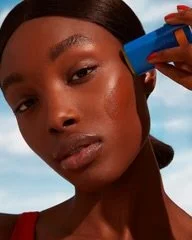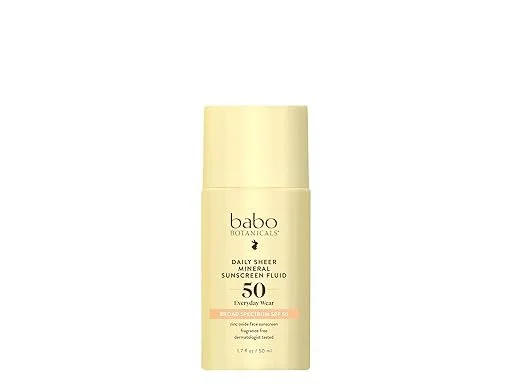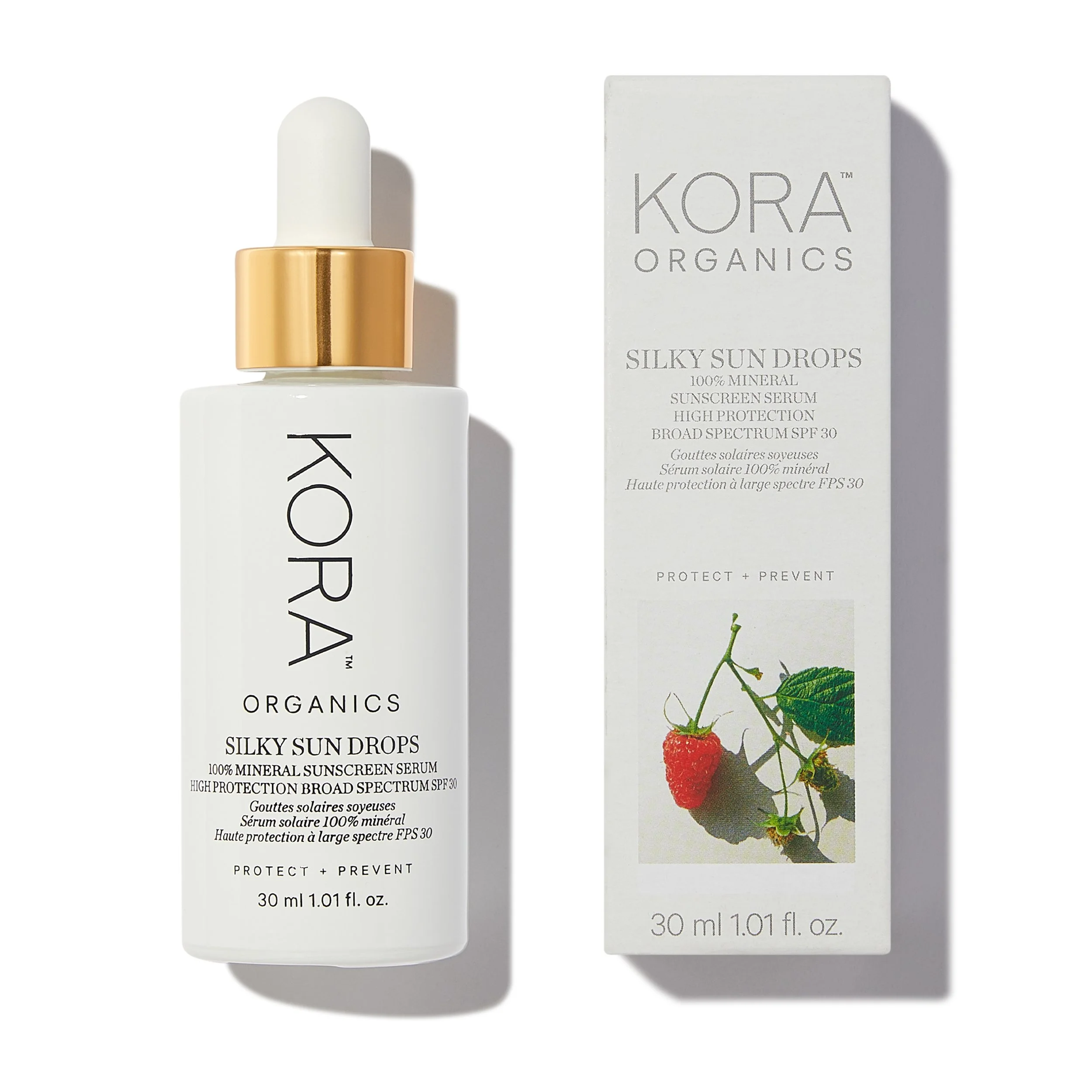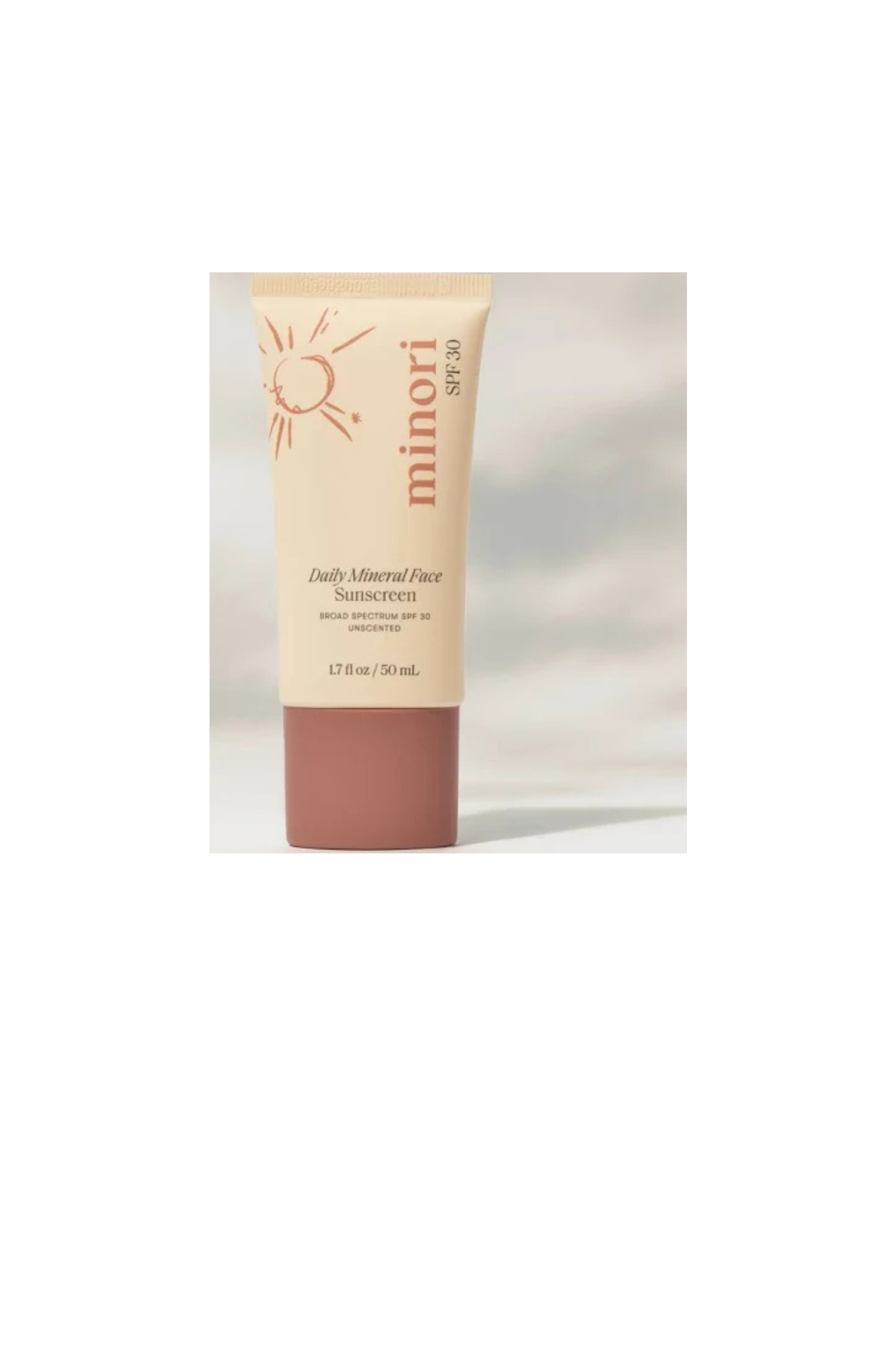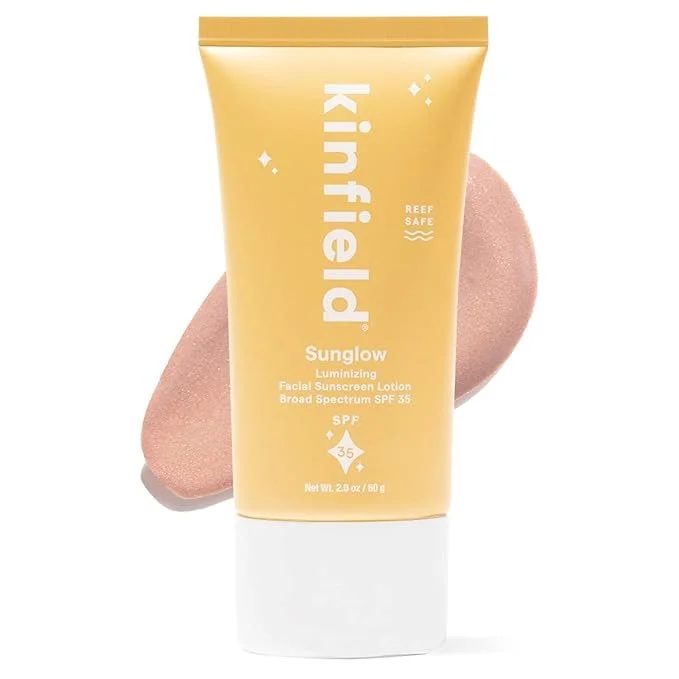Mineral vs. Chemical Sunscreen: Which One Should You Be Using in 2025? 7 Tested Brands Recommendations
Sunscreen has been a non-negotiable skincare essential for decades, yet the debate between mineral and chemical sunscreens continues to spark controversy. With new research emerging and more people prioritizing clean, health-conscious beauty choices, it's time to break down the science, history, and best options available today.
Mineral vs. Chemical Sunscreens
Sunscreens work by protecting the skin from harmful ultraviolet (UV) radiation, but the way they achieve this varies.
Mineral Sunscreens (also called physical sunscreens) contain zinc oxide and/or titanium dioxide to create a physical barrier that reflects UV rays. These are typically gentler on sensitive skin and offer immediate protection upon application.
Chemical Sunscreens absorb UV radiation and convert it into heat, which is then released from the skin. Common ingredients include oxybenzone, avobenzone, octinoxate, and homosalate. While these formulas are often lightweight and blend easily into the skin, some ingredients have raised concerns about hormonal disruption and coral reef damage.
Why Is There Always A Debate?
For years, chemical sunscreens were the gold standard due to their invisible finish and ease of use. However, research has linked some chemical UV filters to endocrine disruption and environmental harm (Matta et al., 2020). In 2021, the FDA called for more data on the long-term safety of chemical filters, while Hawaii and other regions banned oxybenzone and octinoxate to protect marine ecosystems.
As of 2025, modern research leans toward mineral sunscreens as the safer, more sustainable choice, with non-nano zinc oxide being the top-recommended filter by dermatologists (Kirkland et al., 2023).
The Best Sunscreens in 2025
We reviewed sunscreens based on ingredient safety, efficacy, formulation, and user experience. Each product is rated using the CLÉCO Clean Score (CCS) out of 10, with deductions explained.
1) Best for Lightweight Wear: Boba Botanicals Daily Sheer Mineral Sunscreen Fluid SPF 50 - $24
⭐ CCS: 8/10
💡 Pros: Ultra-light texture, high SPF 50, non-toxic, reef-safe
⚠️ Deductions: May leave a slight cast on deeper skin tones, not intensely hydrating
The Daily Sheer Mineral Sunscreen Fluid SPF 50 is a weightless, fast-absorbing sunscreen that offers powerful broad-spectrum UV protection without feeling greasy or heavy. Formulated with non-nano zinc oxide, it’s reef-safe, fragrance-free, and packed with antioxidants to defend against free radicals.
2) Best for Limited Sun Exposure: Kora Organics Silky Sun Drops 100% Mineral Sunscreen Serum - $57
⭐ CCS: 9/10
💡 Pros: Lightweight serum texture, non-toxic, blends seamlessly, doubles as skincare
⚠️ Deductions: SPF could be higher, may not be hydrating enough for dry skin
The Silky Sun Drops 100% Mineral Sunscreen Serum is a game-changer for those who hate the heavy feel of traditional sunscreens. It contains 17% non-nano zinc oxide as its active ingredient. This concentration provides broad-spectrum SPF 30 protection against UVA and UVB rays. In addition to zinc oxide, the formula includes ingredients like raspberry seed oil, chia seed oil, and ectoin, which offer antioxidant benefits and support the skin's barrier function.
Does It Actually Protect?
Yes, if…
It contains enough non-nano zinc oxide (usually 15-20%) to provide broad-spectrum SPF protection.
It’s applied in a sufficient amount (1/4 teaspoon for the face).
It’s reapplied every 2 hours when exposed to sunlight.
Potential Issues:
Serum-like sunscreens are often more lightweight, which can make people apply too little, leading to inadequate protection.
If it blends away too easily, you may not be getting the full SPF rating claimed on the bottle.
Who Should Use It?
Great for oily/combination skin or those who hate heavy sunscreen.
Works well as a daily SPF under makeup (if you aren’t in prolonged sun exposure).
Ideal for sensitive skin since it’s mineral-based and free of irritating chemicals.
Shop Kora
